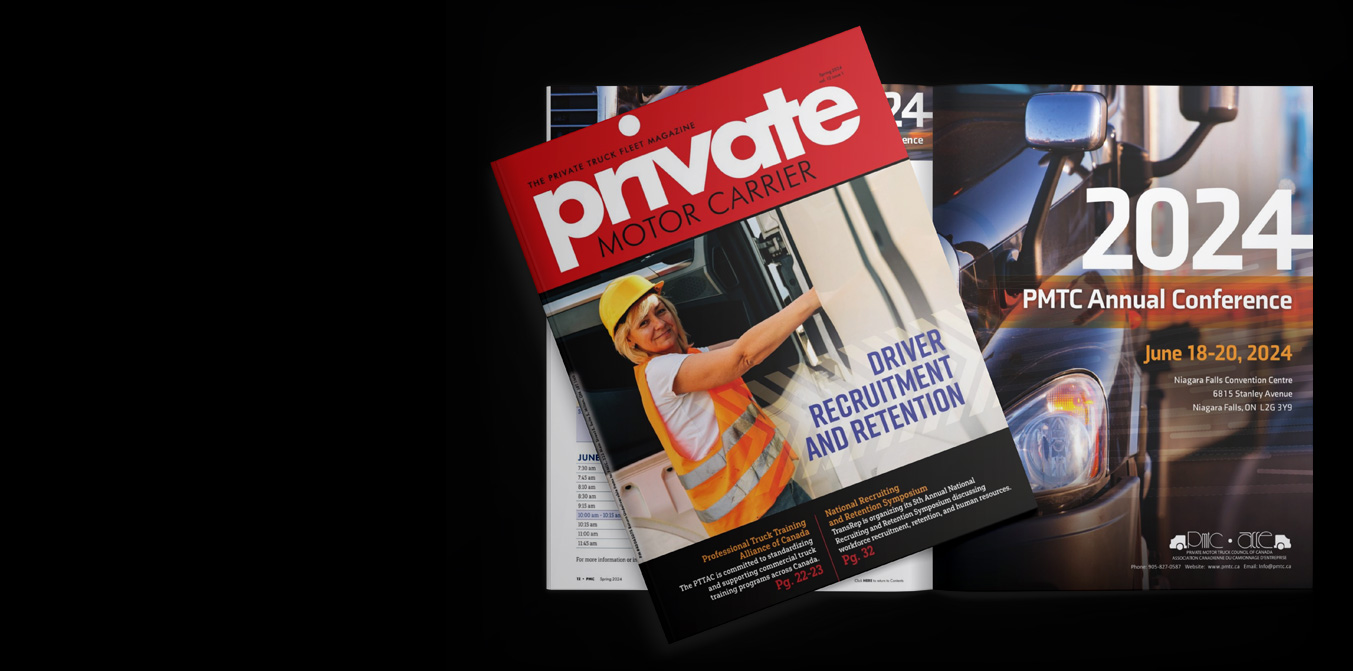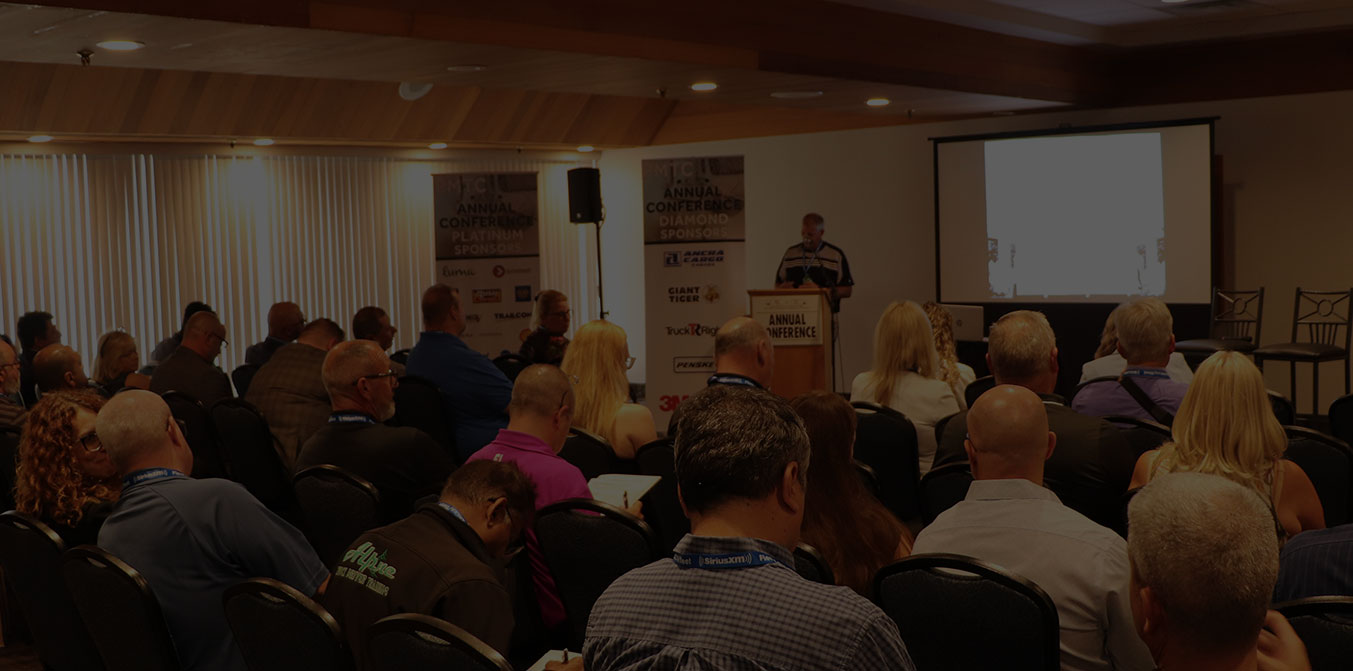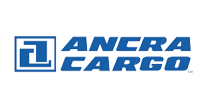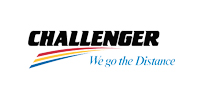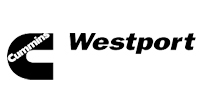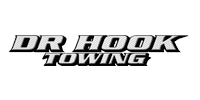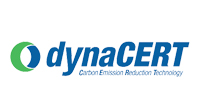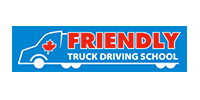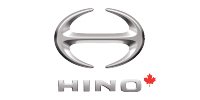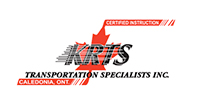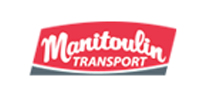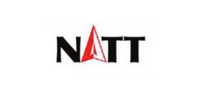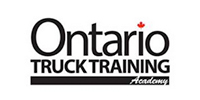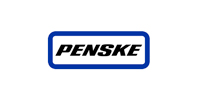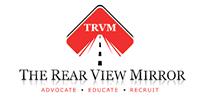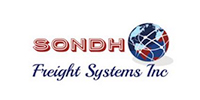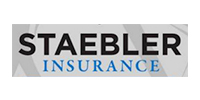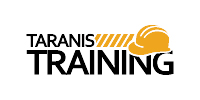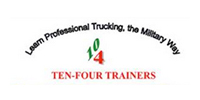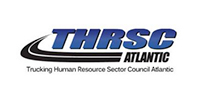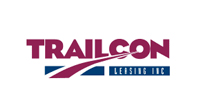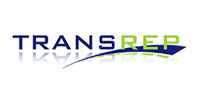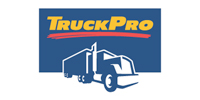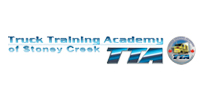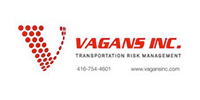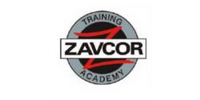The trucking industry’s future stars can shine during early interviews, road tests
Some people seem born to be truck drivers. They move effortlessly through the gears, are never rattled by traffic, and approach every task like true professionals.
They can also reveal themselves during carefully designed recruiting processes.
Dave Marvin, transportation director for Praxair Canada, refers to one driver who stood apart from 10 other qualified candidates, each of whom was looking to secure one of two openings with the fleet that hauls cryogenic gases. This candidate said he was looking to leave his employer of 19 years after being told to drive equipment with tires that had bald spots.
The hiring team had found a perfect match. “We preach and practice that [drivers] stop the job when it’s unsafe,” Marvin explains. While there are always unique skills to learn, the right attitude may be most important of all.
The fleet’s interview questions are designed to extract this type of detail on top of the data collected from a typical application form or driver’s abstract. Rather than asking something that can be answered with a curt yes or no, Praxair Canada transportation supervisor Vince Ciufo poses open-ended queries. Candidates are asked to describe a time when they stopped a job, or to explain two “safety principles” that they follow every day.
It is surprising how much drivers will admit in an interview, says John Harrison, manager-business development for the Canadian operations of Huron Services Group, a supplier of logistics services and personnel. Some candidates will boast about being able to manage dual logbooks to slip through Hours of Service rules. Others will complain about dispatchers and begin to boast like they are the smartest guys in the room. “We particularly like to ask about some of their previous employers,” Harrison says. Did they like how they were dispatched? For that matter, what are they looking for in their next employer? “A lot of them just say, ‘What job’s available right now? What’s it pay?’”
The search
Attracting the right candidates to an interview can be a tougher challenge.
Marvin favours word-of-mouth advertising as a recruiting tool, and prefers to ask existing employees for the names of potential candidates. It certainly delivers results. Ciufo says that a casual comment made to five drivers recently reaped no fewer than 30 applications.
Praxair’s U.S. fleet has found similar success. “We have had tremendous luck with word of mouth here,” says Albert Stanley, safety and environmental representative in the U.S. northeast. “They’re not going to give us a guy who is not going to stay in the mix.”
Hensall District Cooperative has been known to post ads in local newspapers in the search for drivers, but some of the best candidates appear long before anything is posted. Local residents with experience in equipment like feed trucks and bulk grain containers will often come knocking on the door in search for a broader career. “These aren’t skills your average over-the-road driver has,” says Mike Millian, a safety auditor for the fleet which travels through southwestern Ontario.
Granted, there are times that searches require looking further afield. Praxair uses online recruiting websites, and even trade magazines devoted to industries other than trucking.
There is another advantage to internet-based ads, says Harrison. “When we get a response from the online ad, we know that our applicant is somewhat computer-savvy.”
Carefully structured pre-screening processes are the key to finding the applicants who even deserve a second look. Praxair candidates in the U.S., for example, first need to pass a phone interview by a third-party service provider.
Harrison notes how each search should be refined for specific needs. “It’s not as simple as, ‘Give me a truck driver’. What type of work are they doing?” he asks. Indeed, every job has unique demands, whether it involves point-to-point deliveries, interacting with clients, hand-bombing freight or using specialized equipment.
Some warning signs can even appear on the application form itself. A decade of experience is valuable, but a driver who has held 19 jobs in that time is unlikely to be committed to any employer, Ciufo says.
The road test
As insightful as the interview questions and resumes can be, Millian believes the true stars will emerge in a 90-minute road test. Even the most aggressive drivers will be on their best behaviour at first, but they will slip into regular habits with time, particularly as he asks about the candidate’s lives and families. “They forget what they’re doing,” he says. Suddenly the drivers who claimed to care about safety are seen racing through yellow lights, or allow speedometers to creep up to 100 km-h (60 mph) in an 80 km-h (50 mph) zone. Those who boasted about being team players offer added insight. “It’s suddenly all about, ‘Me, me, me’,” Millian says. “You find out whether they’re going to care about the company or just themselves.”
The extended test can even benefit the star candidates in the mix. After all, anyone can be nervous during a test. If a supposedly experienced driver begins to grind the gears, Millian asks if they usually rely on a clutch. “Don’t do it just because I’m here,” he tells them. “I’m just here to know how you handle the vehicle.”
Harrison is hardly dissuaded by a few mistakes behind the wheel, either. “It’s hard to ace a safe driving test every time because every truck feels a little different,” he says. The secret is whether the driver stops grinding gears after a few minutes in the truck. Then an assessor can watch for signs of the safe, courteous driver who treats equipment well, managing attitudes, turns and lanes alike.
The response to any criticism can be as telling as the mistake itself. “Are they willing to learn?” Millian asks. “You might make a mistake out on the road and get in an accident, but if you’re not willing to look at yourself, you’re not going to learn. You’re going to have another [collision]. As long as a person is willing to learn and willing to adjust, they can learn how to drive and they can always get better.”
The star candidates may not even be limited to the most experienced drivers. Harrison hired one driver who had recently changed careers. The quality of the paperwork was outstanding, and every supporting document was already in hand. The driver also offered details of a collision investigation process that he had recommended to his previous employer, demonstrating a real interest in the job.
Millian, meanwhile, recognizes that some candidates may never have seen a four-axle dump truck, so he describes how to conduct the related circle check, and then simply asks them to complete the process on the other side of the specialized equipment. “I treat it as a learning experience,” he says.
There are times when the wrong drivers will be hired regardless of any process. The problems may not even manifest themselves right away. Marvin, for example, refers to one driver who spent three months on the job before falling into bad habits. But those situations offer lessons of their own. Praxair now displays a copy of its massive employee manual during every interview, to reinforce the commitment that drivers are expected to make.
“When a guy slips through the cracks, you sit back, scratch your head, and wonder what happened,” Ciufo says. That leads to refined questions and processes. And it helps to shine a bright light on the dream teams of the future.


